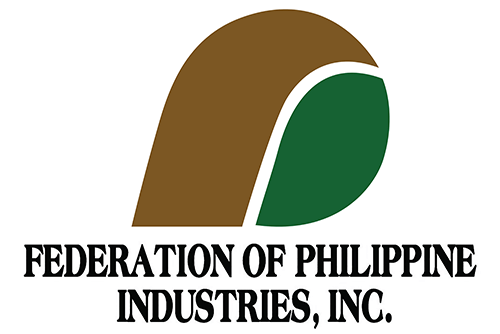find your answers.
The most common questions
Who is FPI?
The Federation of Philippine Industries (FPI) is the only voice of the local manufacturing industries in the Philippines.
Who are the members of FPI?
FPI members include manufacturers and producers of the following:
- Aagricultural & food products (rice, flour, sugar, coconut & palm oil, oleo chemicals, seeds, feeds, broilers, hogs, beverages & wine, ice cream, confectionery);
- Petroleum and petrochemical products;
- Construction materials (cement, steel products, galvanized roofing, electrical wiring, pipes, nails, wires, ceramic tiles, sanitary wares, wood, paint & flat glass);
- Packaging & paper products (tinplates, tin cans, & paper);
- Textile & garment products;
- Firearms;
- Cars, trucks, buses, motorcycles;
- Rubber;
- Spare parts;
- Medicine;
- Lead acid batteries;
- Chemicals;
- Plastics;
- Fertilizers
- Tobacco & cigarettes;
- Power & energy, among others.
Why was FPI organized?
- To serve as the voice of local manufacturing industries.
- To safeguard the industry to remain globally competitive.
When was FPI formally organized?
FPI was formally organized In 1990
What is the requirement to become an FPI member?
Only Industry Association or Corporation engaged in Manufacturing or Producer of products in the Philippines are qualified to become an FPI regular member with voting rights.
Can non-manufacturers become a member of FPI?
Yes, they may become an FPI Associate Member, however, they will have no voting rights.
What are the advocacies of FPI?
- Academe
- Fight Illicit Trade/Anti-Smuggling
- Buy Pinoy, Buy Local
- Competition Policy
- Digital Transformation
- Environment
- Industry Policy/ Road Map
- Intellectual Property Rights/ Product Standards
- International Trade Policy
- Labor and Productivity
- Sustainable Development
- Transportation & Logistics
What are the priority goals of FPI?
- Reduce costs of doing businesses: leveling the playing field by ensuring parity internally and externally so that the country’s globalization policy can be supported, including the provision of safety nets.
- Proactively propose legislation to enhance economic development.
- Continue and improve in informing members and the public about economic issues/policies which affect business directions.
- Ensure competitive prices.
- Promote exports through strong domestic performance in quality and availability or products: FROM LOCAL TO GLOBAL.
- Openly champion fair labor practices.
How does FPI serves its stakeholders and members?
The FPI, through its Board of Directors, Officers, Task Forces and Secretariat, serves its stakeholders, most especially its members, by means of:
- ADVOCACY
- NETWORKING
- PROVISION OF INFORMATION
- WEEKLY NEWSLETTER
FPI has tirelessly carried out its advocacy work on many issues, e.g., ilicit trade/smuggling, tariffs, power, environment, competition policy, industry policy, food and agro-industry, international trade policy and on many fronts such as Congress, the Office of the President, the various Executive Departments, etc.
The FPI continues to carry on its all-important work of advocacy by:
- preparing position papers on issues that vitally effect industry;
- attending congressional committee hearings and floor debates on relevant legislation; and
- networking with key sectors of Philippine society to promote business and industry: other business sectors, government, labour, media, consumers and academe.
In today’s world, information is vital to the success of business and industry. In this area, FPI:
- alerts members regarding current developments which vitally affect them such as proposed legislation and the status of such legislation and the status of such legislation in Congress, Executive Orders, etc.
- builds up database on key concerns such as tariffs, dumping, international agreements, etc., and
- disseminates information to its members via computer link up and its weekly newsletter, and to the public by means of periodic press conferences and interviews.



